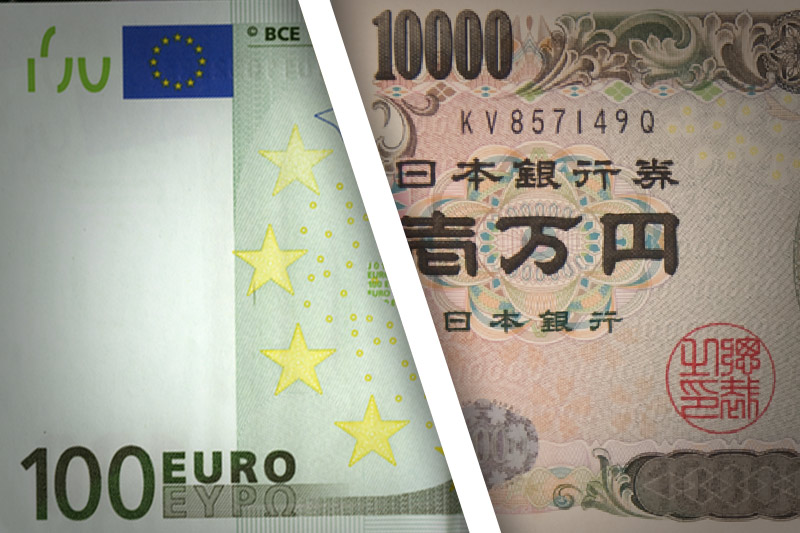Investing.com’s stocks of the week
Investing.com - The euro softened against the yen on Monday, as growing uncertainty as to whether Greece will encounter difficulties securing its next shot of bailout money sparked demand for safe-haven currencies, the yen especially.
In Asian trading on Monday, EUR/JPY hit 102.95, down 0.09% and up from a low of 102.87 and off a high of 103.02.
The pair sought to test support at 102.70, Friday's low, and resistance at 103.93, Friday's high.
Greece has asked for a two-year extension to push through austerity measures in exchange for financial assistance.
The country will run out of money in mid-November, though members of the ruling coalition have balked at wage reforms, fueling fears Athens is digging its heels in amid negotiations with its troika of lenders, the International Monetary Fund, the European Central Bank and the European Commission.
Fears the European debt crisis will reheat in Greece sent the euro falling against the yen, a safe-haven currency.
Investors also avoided the euro to await German inflation data due out later Monday and unemployment numbers due out on Tuesday, opting instead to hide out in a wait-and-see mode.
The yen also demand as investors grew edgy over U.S. unemployment figures due out on Friday.
The Bureau of Labor Statistics will release its October jobs report on Friday, the last such report before November's U.S. presidential elections.
Japan is to release data on unemployment, household spending and industrial production, while the Bank of Japan will announce its latest decision with interest rates and monetary policy, which kept investors in the safety of the yen.
The euro, meanwhile, was down slightly against the pound and up against the Canadian dollar, with EUR/GBP trading down 0.01% at 0.8035 and EUR/CAD trading up 0.10% at 1.2913.
Later Monday, Germany is to produce preliminary data on consumer price inflation, while Italy is to hold an auction of 10-year government bonds.
In Asian trading on Monday, EUR/JPY hit 102.95, down 0.09% and up from a low of 102.87 and off a high of 103.02.
The pair sought to test support at 102.70, Friday's low, and resistance at 103.93, Friday's high.
Greece has asked for a two-year extension to push through austerity measures in exchange for financial assistance.
The country will run out of money in mid-November, though members of the ruling coalition have balked at wage reforms, fueling fears Athens is digging its heels in amid negotiations with its troika of lenders, the International Monetary Fund, the European Central Bank and the European Commission.
Fears the European debt crisis will reheat in Greece sent the euro falling against the yen, a safe-haven currency.
Investors also avoided the euro to await German inflation data due out later Monday and unemployment numbers due out on Tuesday, opting instead to hide out in a wait-and-see mode.
The yen also demand as investors grew edgy over U.S. unemployment figures due out on Friday.
The Bureau of Labor Statistics will release its October jobs report on Friday, the last such report before November's U.S. presidential elections.
Japan is to release data on unemployment, household spending and industrial production, while the Bank of Japan will announce its latest decision with interest rates and monetary policy, which kept investors in the safety of the yen.
The euro, meanwhile, was down slightly against the pound and up against the Canadian dollar, with EUR/GBP trading down 0.01% at 0.8035 and EUR/CAD trading up 0.10% at 1.2913.
Later Monday, Germany is to produce preliminary data on consumer price inflation, while Italy is to hold an auction of 10-year government bonds.
